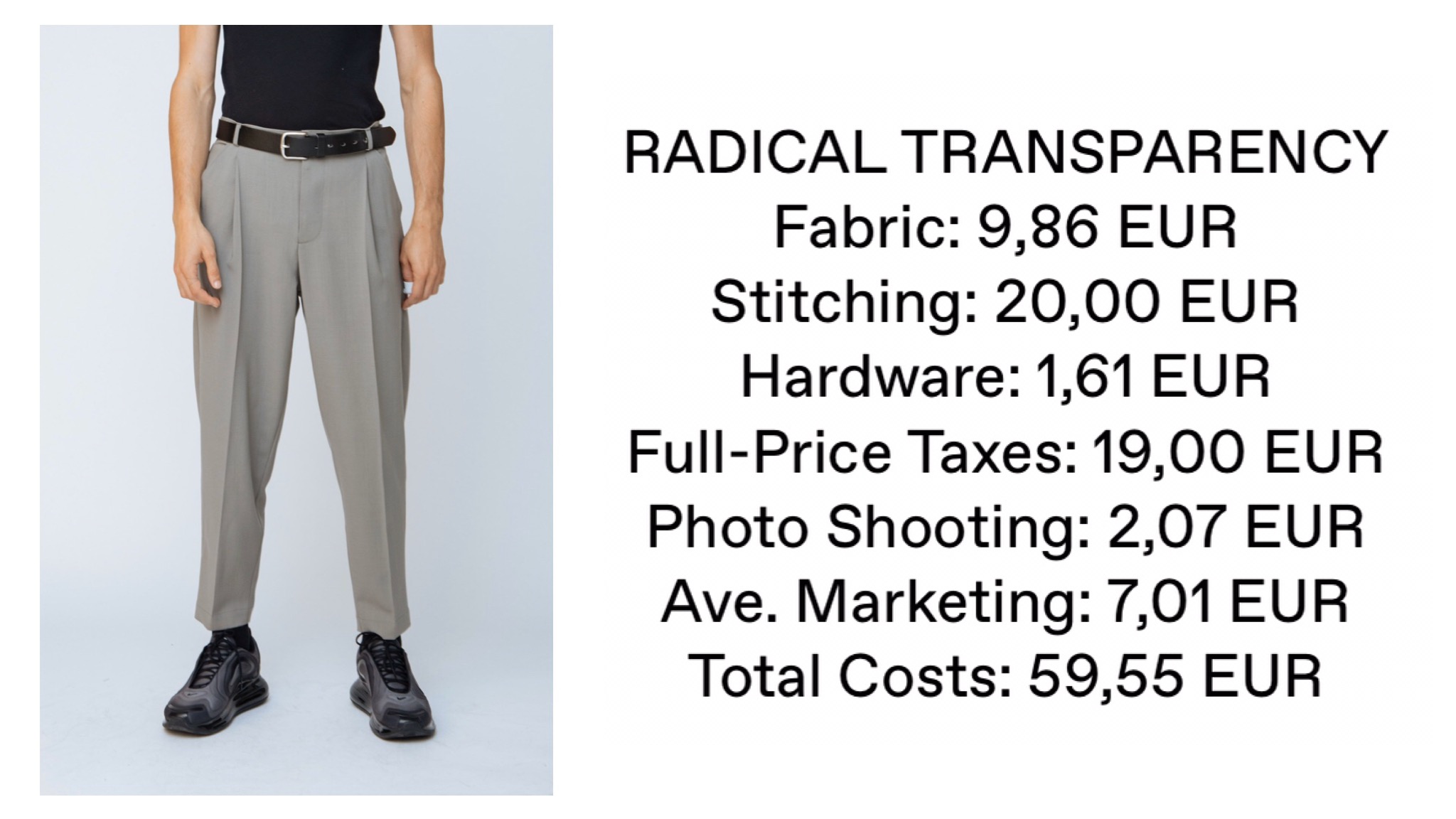Toxic positivity has been a part of mainstream culture for decades, and it has manifested in different ways. One of them has been the widespread belief that we can control our bodies, our mind and our reality — and the trajectory of our lives. There’s no destiny or fate or coincidence but a consequence of what we consciously or not attract. Our lives are seemingly an extension of our train of thought, and if it doesn’t seem to be going in the right direction is because we aren’t thinking positively enough.
The idea that we can cultivate the ability to control and manipulate the course of life and the ‘energy’ that produces friction or maintains harmony — and what allows you to get what you want — has pervaded our daily conversations with sentences like, ‘you just need to ask for it and you’ll get it’, which points to the way neoliberal capitalism has seeped into the unconscious of our culture as it doesn’t look at the structures that maintain hierarchy but it measures the individual’s success. If you aren’t successful is because you simply aren’t working hard enough. Dubbed “confidence culture” by sociologists Shani Orgad and Rosalind Gill in their recently released book of the same name, it explains how this self-centred narrative doesn’t look into systemic social and political structures but looks at individuals as their own fortune harvesters.
Looking with naive enthusiasm at situations that are anything but motivating — if not, miserable — relate most recently to the emergence of the New Age and its hotch-potch of ideas based on spiritual beliefs and practices that embrace the expectation of a major and universal change based on harnessing the human potential at an individual and collective level. Although New Age doesn’t really abide by clear ideas in general, it certainly encourages the practice of justifying why things turn the way they do on the premise that events happen only for the better. ‘Did you lose your job? That must be because something better is gonna come your way.’
Toxic positivity in the form of New Age spirituality promotes a state of perpetual positivity by means of ignoring everything that causes discontent in order to stick to the ‘good vibes only’ concept, a way of thinking that’s simply unbearable as it sets the pressure to pursue happiness no matter the circumstances. The idea that being happy is a matter of believing in it is to look away from the problem instead of addressing it. Stressed about climate change? But we can wear bikinis!
But why are we obsessed with being in an eternal state of happiness? The reason why we’ve grown used to saying things like ‘it could be worse’ and ‘everything happens for a reason’, explains Whitney Goodman, author of Toxic Positivity: Keeping It Real in a World Obsessed With Being Happy, is that it’s easier to wade off the complexity of events instead of engaging authentically. Or engaging at all. “Rather than identifying social issues and working collectively to change them, confidence culture turns away from wider political, economic and social issues and encourages women to turn inwards and work on themselves as a means of doing and feeling better,” Gill explains in an interview to Dazed.
The unrelenting pressure to buy into the concept of happiness and mental wellness can be seen in the second season of the HBO tv show Euphoria, when Kat — played by Barbie Ferreira — is feeling depressed because she cannot figure out why she doesn’t love her caring boyfriend Ethan.
“Kat hated herself. But the problem with hating yourself is you can’t really talk about it because at some point recently, the whole world joined a self-help cult and won’t shut the fuck up about it,” the narrator says as model-type women start to appear in Kat’s bathroom, telling her, “Kat, you just have to love yourself.” And while the exchange continues, Kat cries, “But that’s what I’m trying to tell you – I fucking hate myself.”
So here’s something for those who are overwhelmed by applying themselves to the limit in order to fix themselves: stop gaslighting yourself! We live in a world that glorifies success and praises individuality — but does that mean we can really transform our reality by simply reimagining it?




























